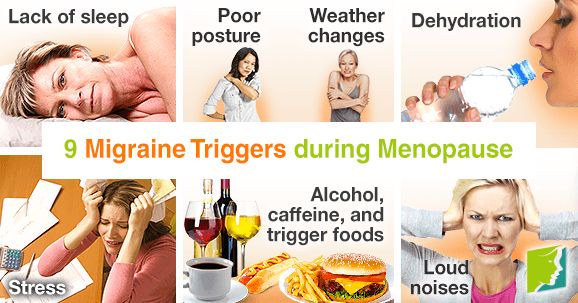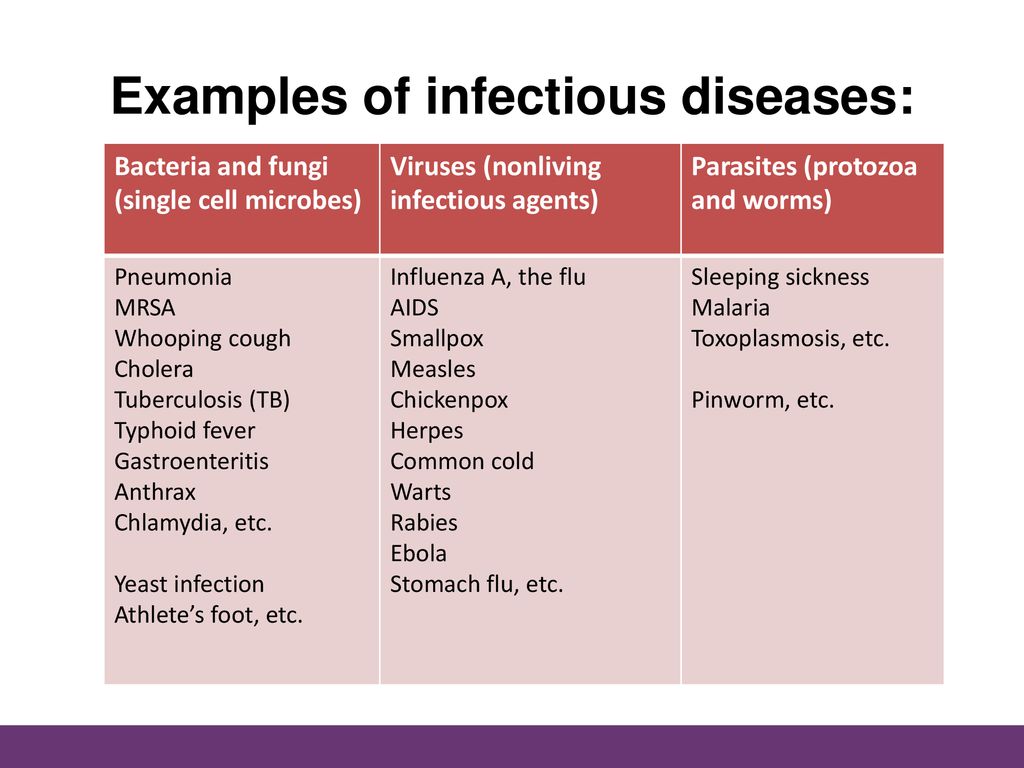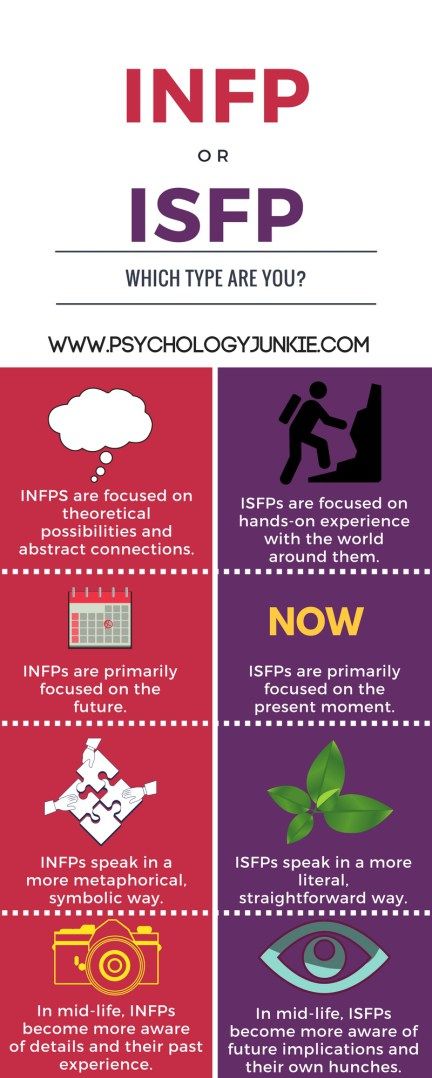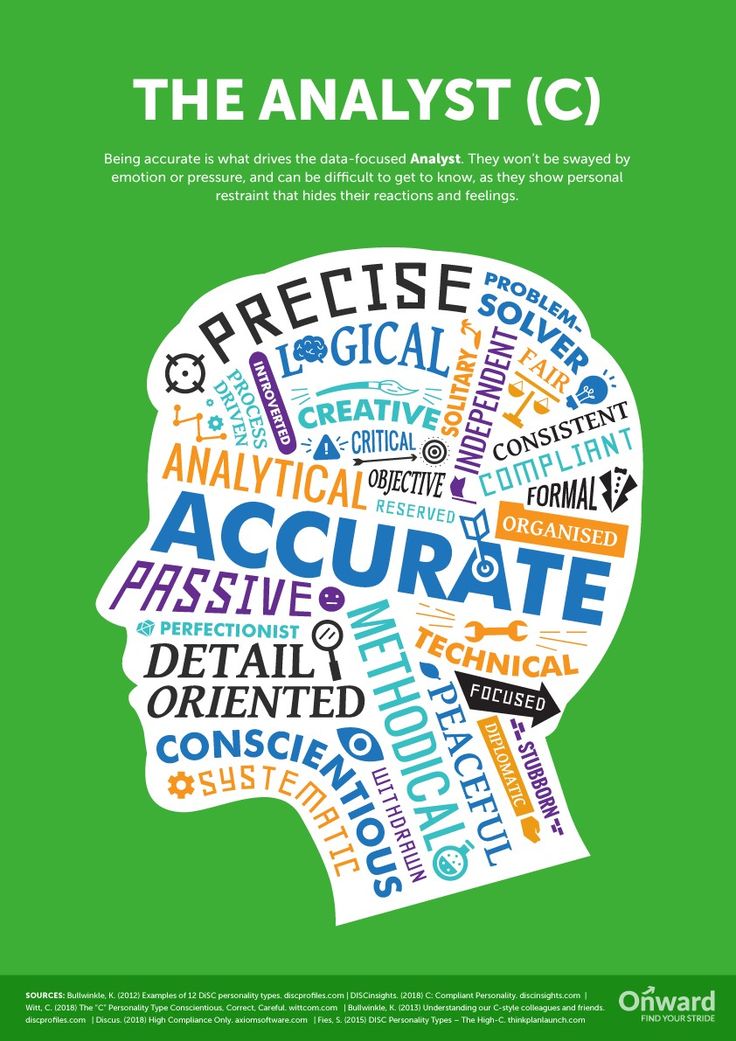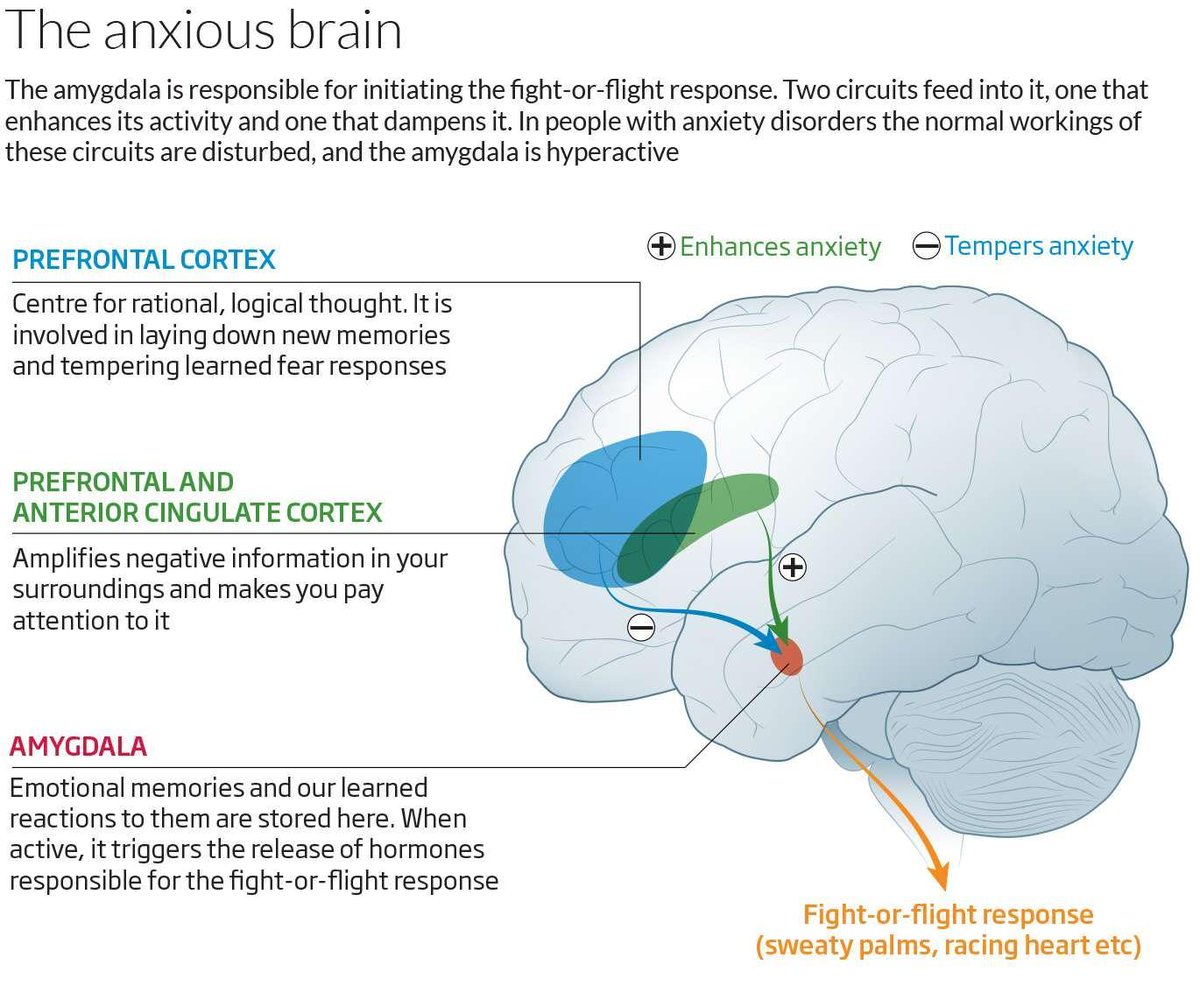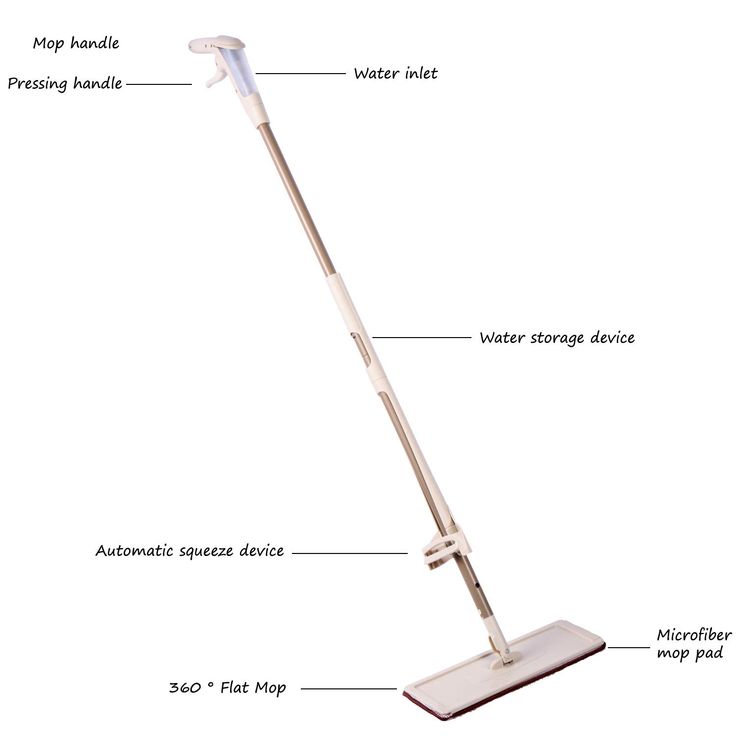Can weed cause migraines
Cannabis Use May Lead to Rebound Headaches in Chronic Migraine Patients
Presenter: Niushen Zhang, MD
Using cannabis to relieve migraine headache may predict the development of medication overuse headache in chronic migraine patients.
Medication overuse headache occurs as a consequence of regular overuse of acute headache medications in patients with pre-existing primary headache disorders. Cannabis is known to affect the brain’s endocannabinoid system, which plays a role in pain processing. Moderate evidence supports the use of cannabis for the treatment of chronic pain, however, emerging anecdotal clinical evidence shows the use of cannabis may lead to medication overuse headache.
“Many people with chronic migraine are already self-medicating with cannabis, and there is some evidence that cannabis can help treat other types of chronic pain,” said Niushen Zhang, MD, of the Stanford University School of Medicine. “However, we found that people who were using cannabis had significantly increased odds of also having medication overuse headache, or rebound headache, compared to people who were not using cannabis.
”
Traditional preventive treatments for chronic migraine can include antidepressants, beta-blockers and anticalcitonin gene-related peptide agents. Abortive medicines, such as triptans and opioids, are commonly prescribed, but these medications carry the risk of adverse health outcomes. Mechanistically, endocannabinoids have been shown to have an inhibitory effect on serotonin receptors, which is shown to modulate pain and emetic responses.
Researchers conducted a retrospective study involving 368 adult chronic migraine patients with chronic migraine duration of a minimum of 1 year. Chronic migraine was defined as 15 or more headache days per month. A total of 150 patients used cannabis and 218 patients were not. The researchers extracted the following variables from each patient’s chart: diagnosis of medication overuse headache as dependent variable, and predictor variables as age, sex, migraine frequency, current chronic migraine duration, current cannabis use duration, overused acute migraine medications, and duration of current medication overuse headache.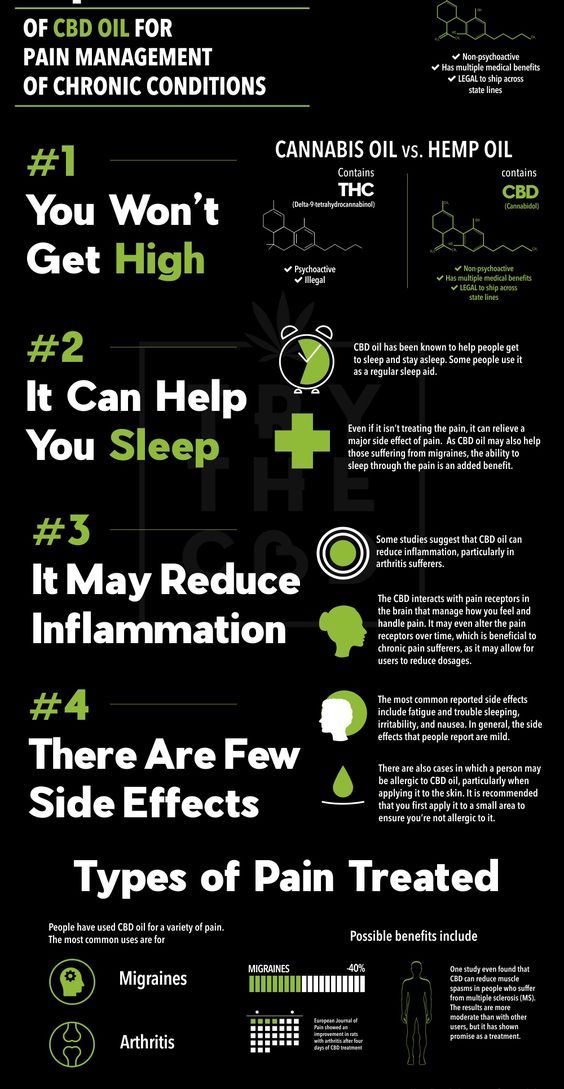
Of the 368 patients, 212 patients had medication overuse headache and 156 patients did not. The researchers found that the people using cannabis were six times more likely to have medication overuse headache than those who did not use cannabis, with an odds ratio of 5.99 (3.45, 10.43),p< 0.0001.
Significant associations were also found between current cannabis use, opioid use, and medication overuse headache. The analysis revealed two major natural clusters. Cluster I patients were younger with less migraine frequency, higher medication overuse headache burden, more current cannabis, and opioid users than cluster II. Previous research has shown that opioids and cannabis can both influence the part of the brain called the periaqueductal gray, which has been linked to migraine.
In conclusion, Zhang said: “Cannabis use significantly contributes to the prevalence of medication overuse headache in chronic migraine. Bidirectional cannabis-opioid association was observed – use of one increased use of the other. It may be helpful to advise chronic migraine patients with medication overuse headache to reduce cannabis use in order to treat medication overuse headache effectively.”
It may be helpful to advise chronic migraine patients with medication overuse headache to reduce cannabis use in order to treat medication overuse headache effectively.”
A limitation of the study is that it was retrospective; longitudinal studies will be needed to further explore cause and effect of cannabis use and medication overuse headache in patients with chronic migraine.
Link to abstract: Medication Overuse Headache in Chronic Migraine Patients Using Cannabis: A Case-Referent Study
Niushen Zhang, MD, reported nothing to disclose.
← Back to AAN 2021 Articles
Pot May Not Be the Best Rx for a Migraine
MONDAY, March 1, 2021 (HealthDay News) -- If you decide to try pot to relieve your migraine, new research suggests you could be asking for trouble.
In fact, marijuana use was linked to rebound headaches, which can occur when pain medication is overused, scientists noted.
"This study shows that there is some kind of association between cannabis use and medication overuse headache in people with chronic migraine, but it is unclear at this time whether patients are using cannabis to treat medication overuse headache, or if cannabis is contributing to the development of medication overuse headache, or both," said lead researcher Dr. Niushen Zhang. She's a clinical assistant professor of neurology and neurological sciences at Stanford University School of Medicine in California.
Niushen Zhang. She's a clinical assistant professor of neurology and neurological sciences at Stanford University School of Medicine in California.
Many people with chronic migraines self-medicate with marijuana, and some evidence shows that marijuana can help relieve other types of chronic pain, Zhang said.
"We found that people with chronic migraine who were using cannabis were six times more likely to also have medication overuse headache, commonly known as 'rebound headache,' compared to people with chronic migraine who were not using cannabis," she said.
Zhang's team looked at the medical records of 368 people who had chronic migraines for at least a year. Chronic migraine is 15 or more headache days per month. Among these patients, 150 used pot.
Of those in the study, 212 patients had medication overuse headache. The researchers found that the people using pot were more likely to have these headaches, compared with those who did not use it. People who used opioids were also more likely to use pot.
Earlier research has shown that opioids and marijuana can both affect the part of the brain that has been linked to migraine.
Dr. Robert Duarte, director of the Northwell Health Pain Center in Great Neck, N.Y., looked over the study and said that rebound headaches might be a problem when patients use pot to treat migraines.
"At this stage, we can't make a real conclusion," he said, but cannabis does work for complaints associated with migraines, like sleep problems and anxiety.
Duarte said, however, cannabis shouldn't be the first drug one tries to control migraines. "You still want to try the standard medications that are out there. There are so many new, good, effective medications -- those should clearly be the first-line treatments," he said.
Also, it's not known if marijuana can cause a bad reaction to these new drugs, Duarte said.
"If you do use marijuana, it's best to use it under the guidance of a physician who is certified to provide this treatment," he said.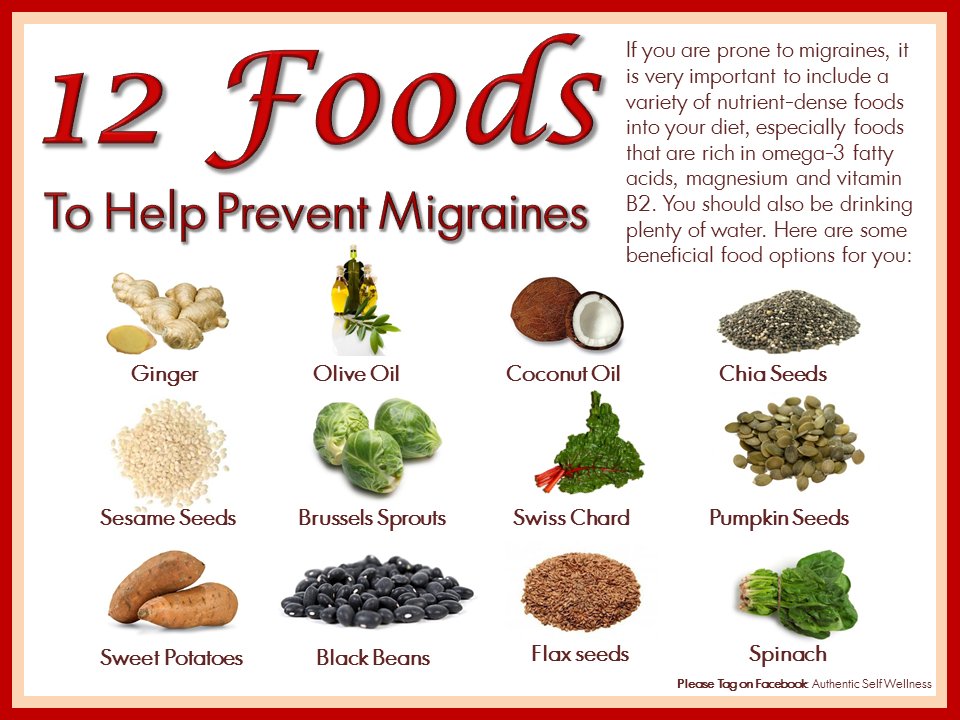 "Many patients are using it off the street. Recreational cannabis is clearly not recommended, but I hear stories of patients telling me that it helps to calm them and improve sleep."
"Many patients are using it off the street. Recreational cannabis is clearly not recommended, but I hear stories of patients telling me that it helps to calm them and improve sleep."
But if a patient develops rebound headaches linked to cannabis, it's best to stop using it, Duarte said.
"Try to discontinue it and see if those headaches go away," he recommended. "It may take a while, because cannabis remains in your system for a while. So it may take a few weeks or more to notice an improvement after stopping marijuana."
The findings will be presented at the American Academy of Neurology's virtual annual meeting, April 17-22. Such research is considered preliminary until published in a peer-reviewed journal.
More information
For more on migraine, see the National Headache Foundation.
SOURCES: Niushen Zhang, MD, clinical assistant professor, neurology and neurological sciences, Stanford University School of Medicine, Stanford, Calif.; Robert Duarte, MD, director, Northwell Health Pain Center, Great Neck, N. Y.; American Academy of Neurology virtual meeting, April 17-22, 2021
Y.; American Academy of Neurology virtual meeting, April 17-22, 2021
Migraine provocateurs
People with migraine often report that their attacks are triggered by some kind of trigger.
A study in which 200 people with migraine participated showed that 90% of them know at least one provocateur of their own migraine. The most frequently cited were physical or emotional stress (77%), menstruation (72% of women), bright lights or flashes of light (65%), and strong odors (61%) [1].
How do migraine triggers work?
According to modern concepts, the cause of migraine is increased excitability of nerve cells (neurons). This is an inherited feature of the brain. Neurons in people suffering from migraine are very sensitive to various external and internal influences. They may be affected by:
- changes in hormone levels during the menstrual cycle,
- stress
- and, paradoxically, stress resolution,
- sleep disturbance (both insufficient and excessive sleep),
- alcohol,
- bright light or flashes of light.
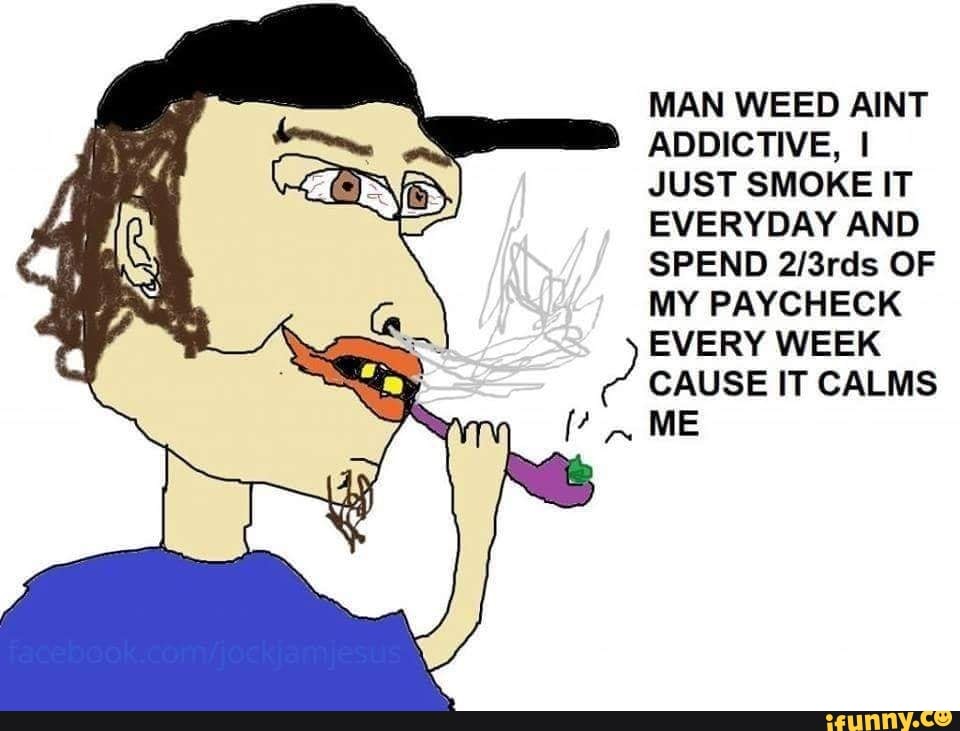
In response to a trigger, electrical activity in easily excitable nerve cells changes and a cascade of biochemical disturbances is triggered that cause symptoms of a migraine attack [2].
What is important to know about migraine provocateurs (triggers)
- Sometimes "your" attack provocateur can cause it, sometimes not.
- A migraine attack requires a combination of two or more triggers.
- Something that is a trigger can also relieve a migraine attack (for example, caffeine).
- "Classic" migraine triggers: red wine, dark chocolate, stress - not all migraine sufferers provoke an attack.
- A few words about caffeine
After hearing from a doctor or a friend that caffeine can trigger an attack, many people with migraine completely refuse tea and coffee and look for a pill in horror after accidentally drinking a caffeinated drink.
Indeed, caffeine can trigger a migraine attack in some people.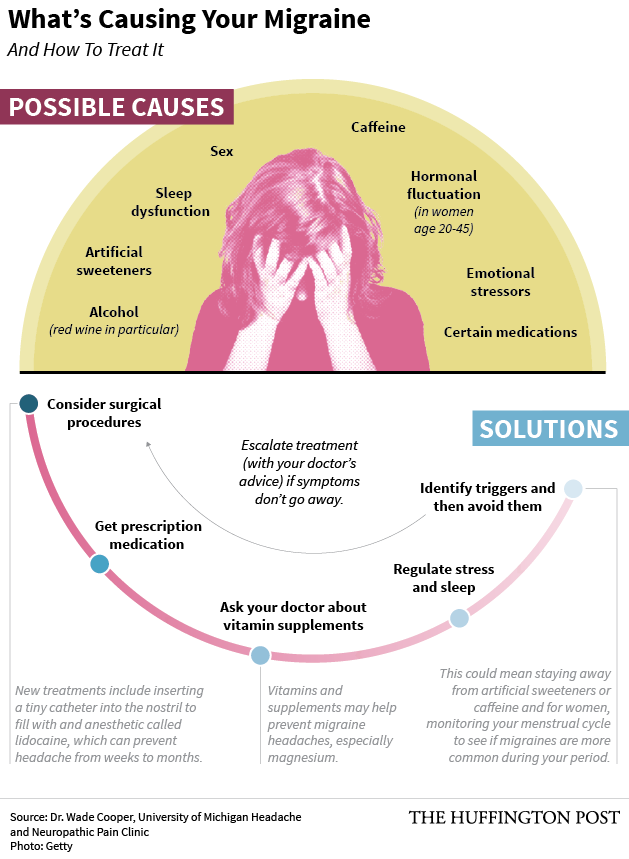 But you can still take it off!
But you can still take it off!
It works like this. During a migraine attack, the work of the gastrointestinal tract slows down. The taken pills remain in the stomach, and must be absorbed in the intestines. Caffeine increases gastrointestinal motility and helps painkillers be absorbed.
Caffeine also has a direct anti-migraine effect - therefore, it is part of various combined painkillers. But it is important to remember that these medications should not be overused, as excessive caffeine intake can make migraine attacks more frequent and severe [5].
Should I stop eating certain foods?
There is no scientific data that would confirm or disprove the effectiveness of "anti-migraine" diets. People with migraines usually notice which foods trigger their attacks and learn to avoid them. Foods that can trigger a migraine attack include red wine, beer, dark chocolate, hard cheeses, citrus fruits, nuts, foods containing preservatives, and fast food.
Hunger can also provoke a migraine. Therefore, it is important to eat regularly and in a balanced way (for example, following the Mediterranean diet). And it will be much more effective in preventing seizures than complex diets [4, 5].
Read more articles about headaches in our Telegram channel.
References:
- Andress-Rothrock D., King W., Rothrock J. "An analysis of migraine triggers in a clinic-based population". // header. – 2010. – v.50. - 1366-1370.
- Chakravarty A. "How triggers trigger acute migraine attacks: a hypothesis". // Med Hypotheses. -2010. – v.74. – p.750-753
- Dodick D.W. Migraine triggers. // Headache. – 2009. – v.49. – p.958-961
- Martin P.R. Behavioral management of migraine headache triggers: learning to cope with triggers. // Curr Pain Headache Rep. – 2010. – v.14. p.221-227.
- Rothrock J.F. "The truth about triggers". // Headache.
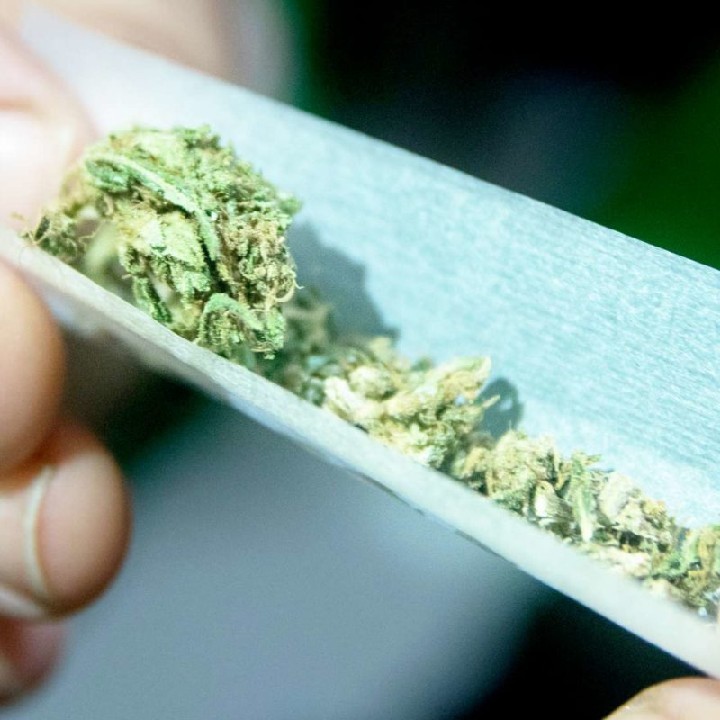 – 2008. – v.48. – p.499-500
– 2008. – v.48. – p.499-500
Photo by alexey-turenkov_unsplash
7 Natural Headache Remedies That Really Work
Please wait
All products
Cosmetics
Nutritional supplements
Mothers and children
Oral care
Hygiene
Medical products
Medicines
Brands3
- Azeta.lv
- Diseases, symptoms and treatment
- Strengthening the body and preventing diseases
- 7 Natural Headache Remedies That Actually Work 7 Natural Headache Remedies That Actually Work
Headache can be caused by a variety of causes: fatigue, stress, nutrient deficiencies and many others. natural remedies for this disease are not only effective in relieving symptoms headache, but are also able to eliminate the causes of its occurrence and do not have side effects.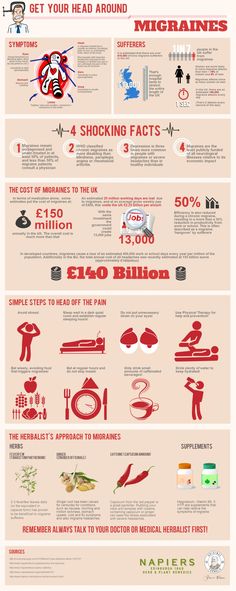
1. Water
Surprisingly, often this is all we need. TO Unfortunately, many of us suffer from chronic dehydration. And the use coffee, alcohol and sugary drinks only exacerbate the situation. As soon as you feel the symptoms of a coming headache, drink one large glass water. And continue to drink a lot throughout the day. Also increase the amount Water in the body can be eaten by eating vegetables and fruits with a high content of it. Add in your daily diet fresh cucumbers, celery, cabbage, zucchini, spinach, watermelon, grapefruit and orange.
2. Magnesium
One of the common problems of migraines and headaches is a low level of magnesium in the body. Taking 400-600 mg of magnesium will enhance blood flow to the brain and relieve spasms that cause discomfort. Magnesium can be taken on an ongoing basis - this will reduce the general tendency of the body to occurrence of migraines and headaches. For a quick effect, use liquid nutritional supplements. You can also increase your magnesium levels by adding to your diet. plant foods high in it, such as nuts and seeds, legumes, cereals, avocados, broccoli and bananas.
You can also increase your magnesium levels by adding to your diet. plant foods high in it, such as nuts and seeds, legumes, cereals, avocados, broccoli and bananas.
3. B vitamins
Deficiency of B vitamins is another possible and common cause of headache. According to one of the theories about the causes of its occurrence, in there are too many tasks for nerve cells, and sometimes the energy to complete them simply does not enough. So, vitamin B12 plays one of the most important roles in the development of the very energy. Often, patients with migraines are prescribed the entire complex of vitamins of the group B, including 8 vitamins: thiamine, riboflavin, niacin, vitamin B6, folic acid, vitamin B12, biotin and pantothenic acid. Benefits of B vitamins B is great: they not only relieve headache symptoms, but also improve state of brain cells, blood circulation, as well as the work of the cardiovascular and immune systems.
4. Essential oils of lavender and pepper mint
The natural properties of these essential oils make them very effective in relieving headaches. When applied to the skin, Peppermint Oil stimulates blood flow to the affected areas, which relieves spasms and relieves pain. Lavender oil works as a sedative and stabilizer moods. Applying oils to relieve headaches is very simple. mix a few drops of both oils in the palms, and then with gentle massaging movements Apply to forehead, temples and back of neck. If the scent is too strong for you, just dilute the mixture with a little almond or coconut oils. It would be ideal to find a quiet place where you can relax, consciously and take a deep breath and wait until the headache starts to let go.
When applied to the skin, Peppermint Oil stimulates blood flow to the affected areas, which relieves spasms and relieves pain. Lavender oil works as a sedative and stabilizer moods. Applying oils to relieve headaches is very simple. mix a few drops of both oils in the palms, and then with gentle massaging movements Apply to forehead, temples and back of neck. If the scent is too strong for you, just dilute the mixture with a little almond or coconut oils. It would be ideal to find a quiet place where you can relax, consciously and take a deep breath and wait until the headache starts to let go.
5. Herbs
pain. Among them is feverfew (feverfew). It has a relaxing effect on constricted blood vessels of the head. This herb has another ability to suppress inflammation and other types of pain. Action feverfew is akin to aspirin, only this remedy is natural and therefore does not have side effects.
Decoctions of chamomile and collection of spring primrose, lavender, rosemary, mint and valerian.
6. Ginger
Ginger is able to reduce inflammation, including number in blood vessels. For headache relief, prepare hot ginger drink. Pour 3 small pieces of fresh ginger into 2 cups water, bring everything together to a boil and let it brew. In the finished drink for add a slice of lemon and honey to taste. Be sure to inhale when using ginger couples - all together will have a pleasant sedative effect and facilitate headache.
7. Relaxing bath
cleansing of unnecessary toxins. Try taking a regular detox bath such a recipe. Pour hot water into the bath; temperature should be high enough to stimulate the movement of toxins to the surface of the skin. As the water cools, your body will gradually get rid of harmful substances. toxins. Take this bath once every 7-10 days. Add to water:
1 cup baking soda - it kills bacteria, reduces inflammation and softens the skin,
· essential oils, such as peppermint oil or lavender,
and 2 cups of apple cider vinegar - it is also known for its healing properties, including the ability to relieve headaches, tone the skin and have a beneficial effect on the joints.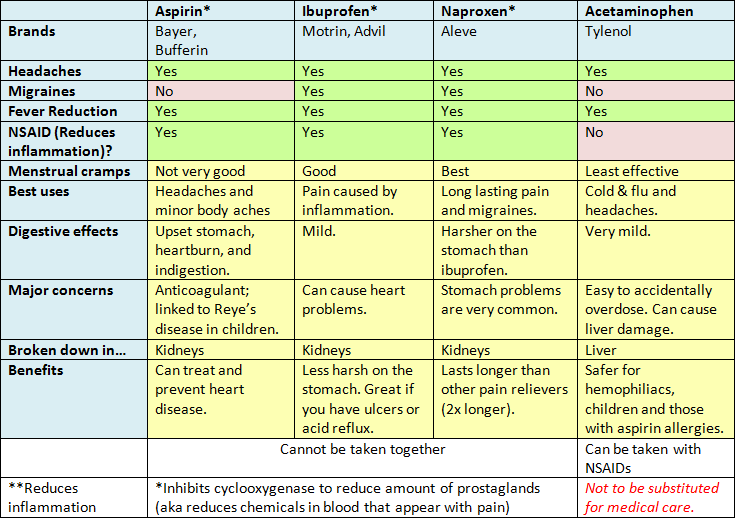
Such a variety of natural remedies successfully fight against headache. In general, try to listen to yourself, analyze what could be the cause of the malaise - perhaps this is a changed diet, and the headache is caused by an allergic reaction. Or maybe your body is just dehydrated, or you skipped a meal and your head hurts from low levels blood sugar.
Good price
MAGNE B6 FAST oral granules, 20 sachets
11
Product in stock
€10.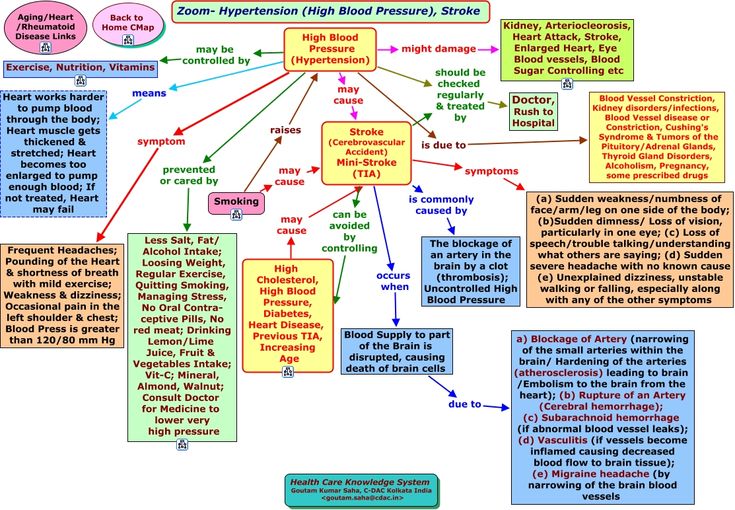 99
99
8.24 €
-25%
Good price
BIO MAGNESIUM FORTE, powder, 20 pcs.
1
Product in stock
12.29€
9.22 €
-25%
Good price
OLIMP LABS B12 MAX tablets, 60 pcs.
2
Product in stock
€14.